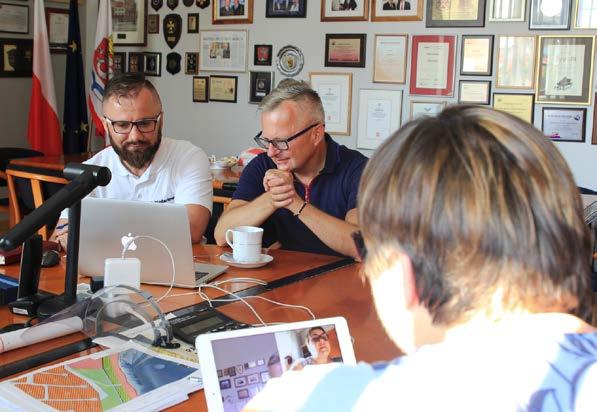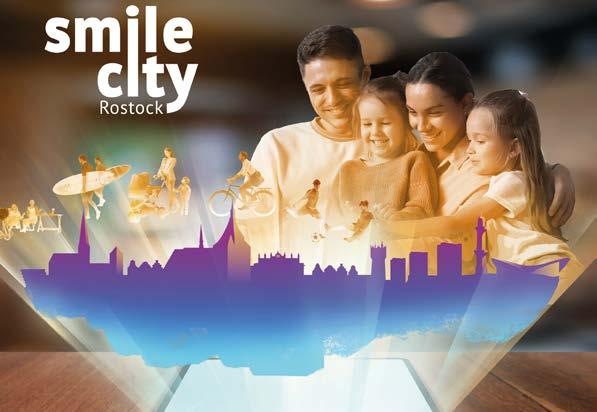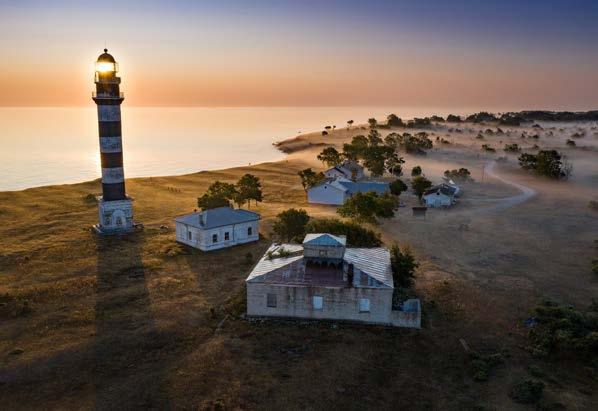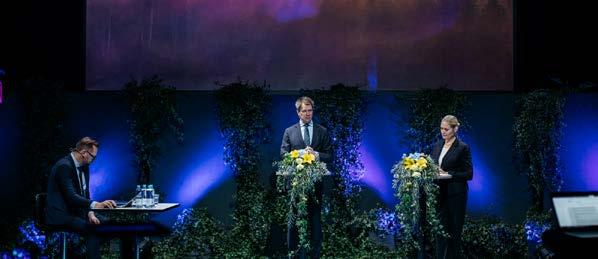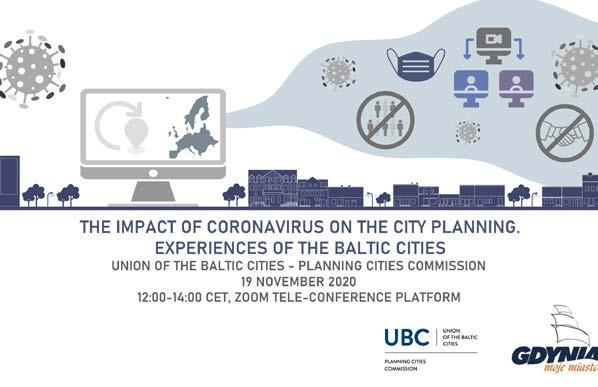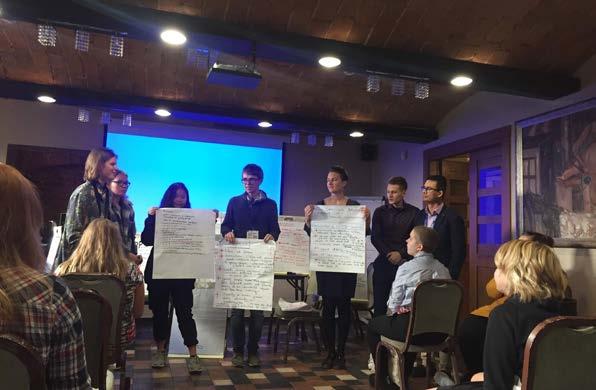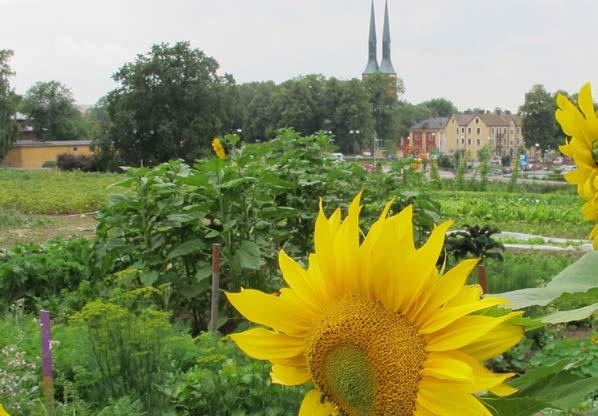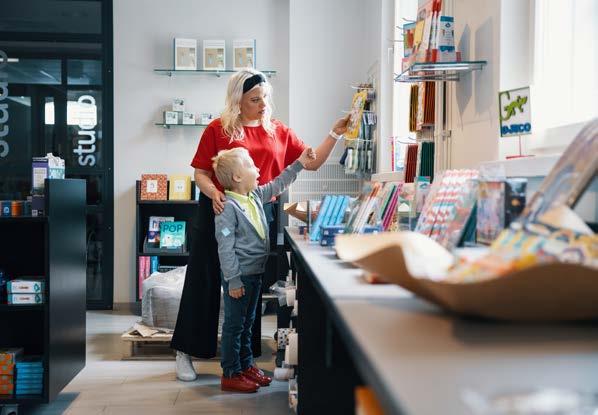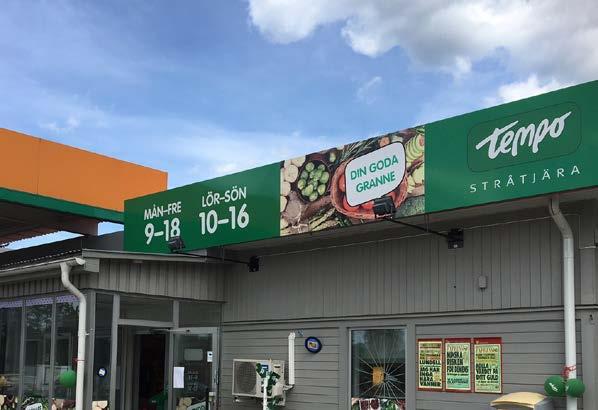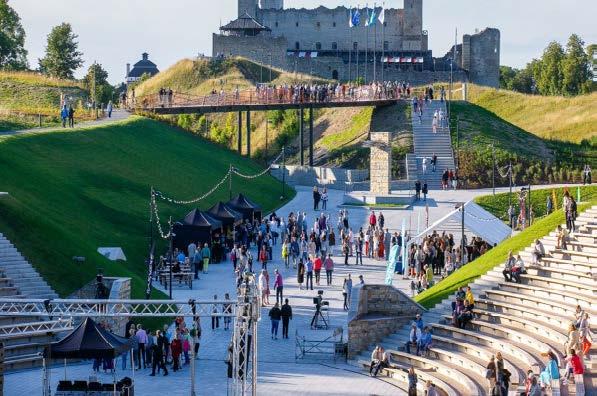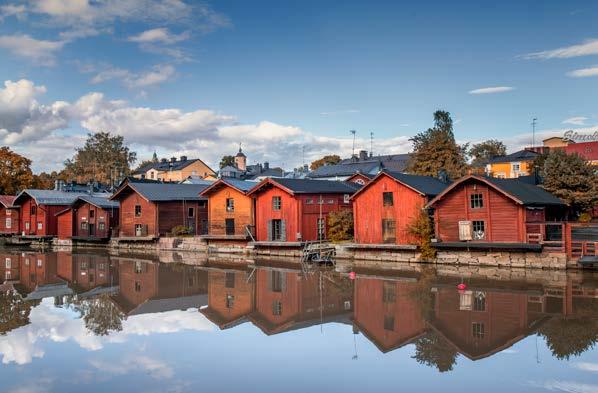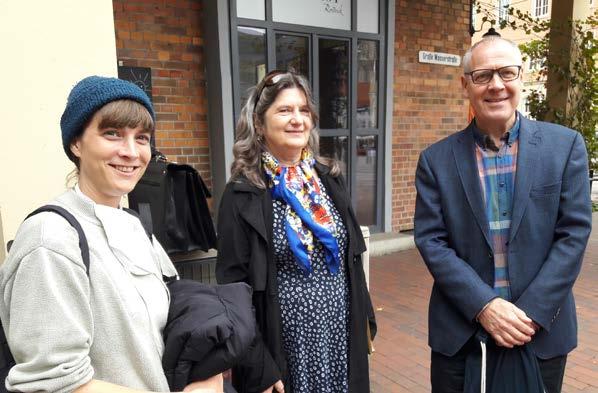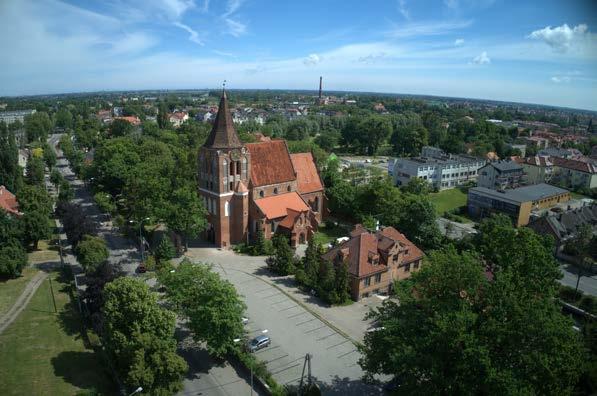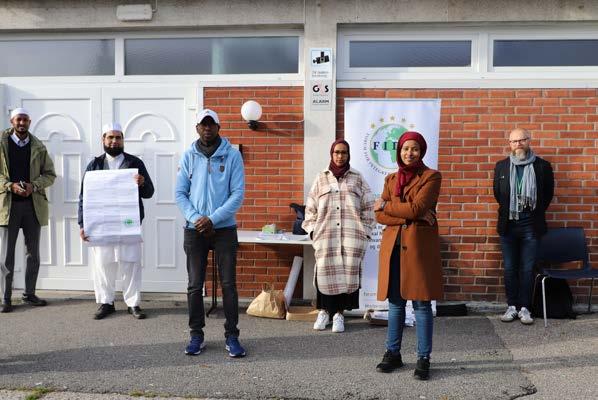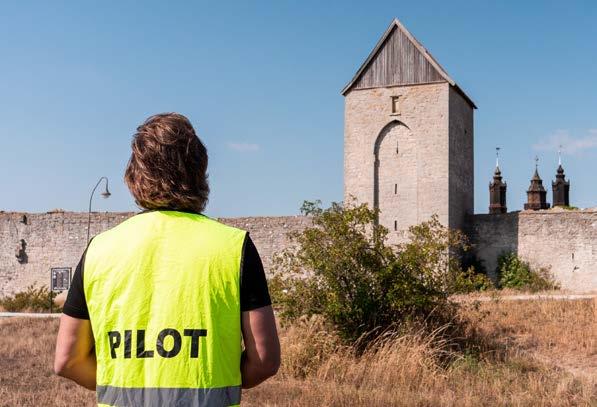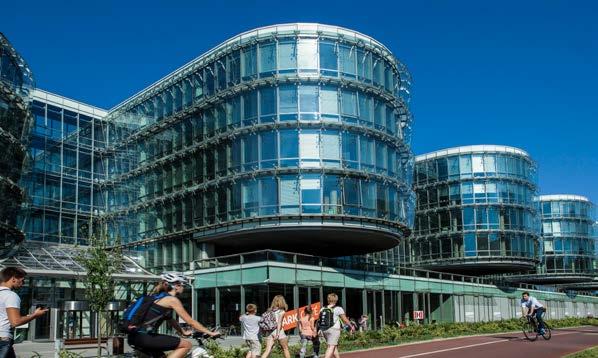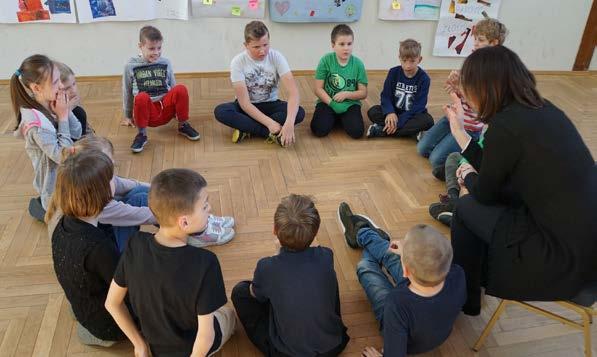DIGITAL COMMUNITY BUILDING
ON GOTLAND by Nathalie Ahlstedt Mantel | nathalie.ahlstedt-mantel@gotland.se
Region Gotland, like many of Sweden’s municipalities and regions, faces the challenge of digitizing their community building process. The DiSa project, Digital Community Building, is unique as it creates a digital foundation from the ground up in the community building process. The project runs from 2018–2021, with the purpose of creating a seamless digital community building process whilst promoting a comprehensive effort for sustainability, efficiency and service. External financing from the European Regional Development Fund enables the project. DiSa manages eight sub-projects. The project works to improve the property boundaries in detailed development plans by re-measuring them with modern technology. It digitizes and interprets all detailed development plans according to modern standards and introduces a digital comprehensive plan. Furthermore, the project provides e-services to users, introduces a digital mailbox, develops new ways of working with 3D visualization in case processing, and collects all digital maps in a web-based map portal. Goals of digitalisation DiSa measures its success based on whether the project has achieved these specific goals: • Citizen participation in societal development is increasing, both geographically between urban and rural areas and to more citizen groups. Participation makes community planning equal, non-discriminatory and sustainable. • In a digital map portal, companies, residents and visitors
can retrieve community information and make their own analysis. Open geodata, which complies with national standards, contributes to sustainable development and equal treatment. • Via digital services, companies and private individuals handle and monitor their cases. Since case management and communication is digital, processing is equal, more efficient and companies’ costs are reduced. By transforming work processes and information, the project aims to shortening processing times, increasing accessibility for users and creating a more transparent work process. This contributes to a gender-equal, open and sustainable planning and construction process on Gotland. Major savings through the project The result of an analysis of gains and benefits showed that the DiSa project, when all services are fully developed and implemented, enables Region Gotland internal savings of SEK 14.5 million per year. The total budget for the entire project period is SEK 26 million, which means that when fully implemented the investment is paid off within two years. In addition, there are major quality improvements for users in the community building process, both internally and externally, as well as increased legal certainty and strengthened local democracy processes. The project is financed by the Swedish Agency for Economic and Regional Growth, and the municipality of Gotland via the EU’s regional development fund. Read more about the projects at: https://gotland.se/108121
11

